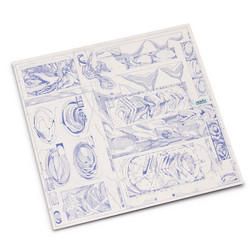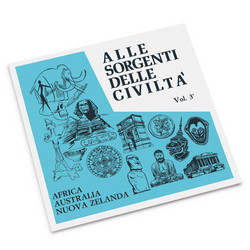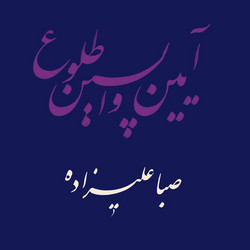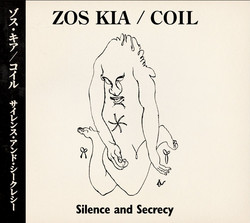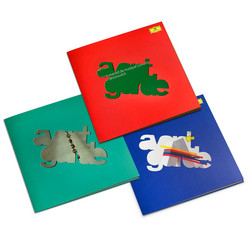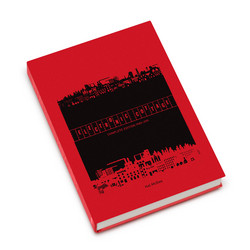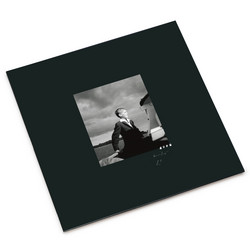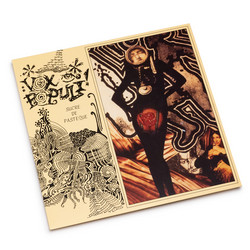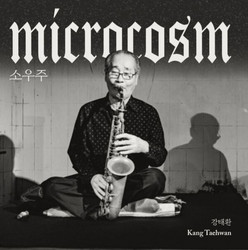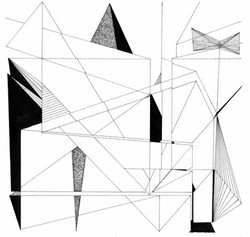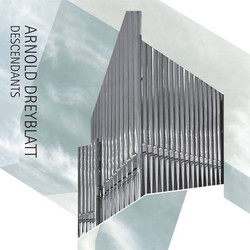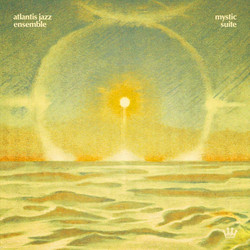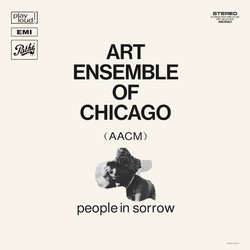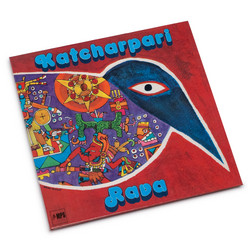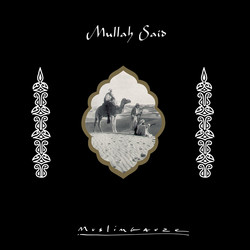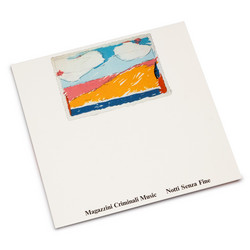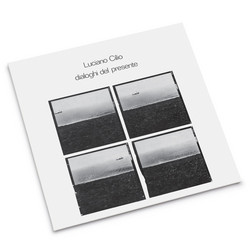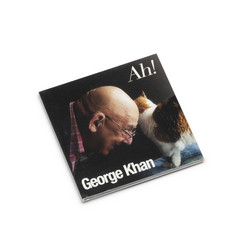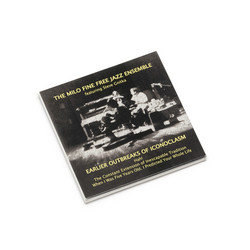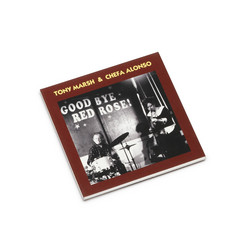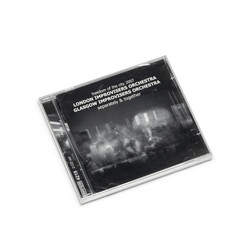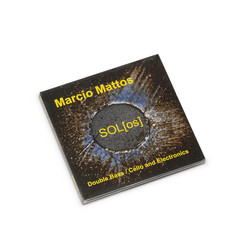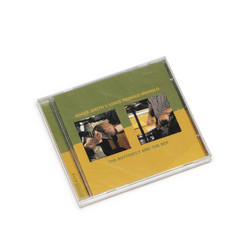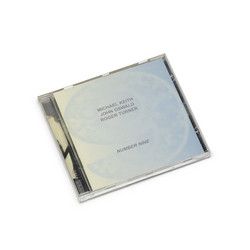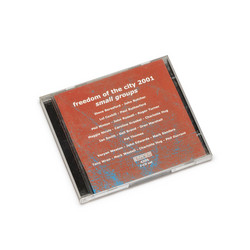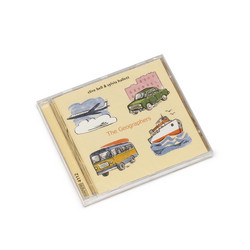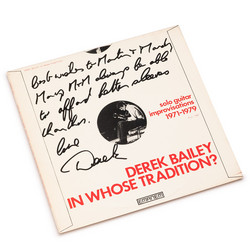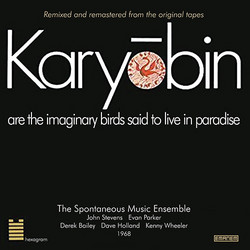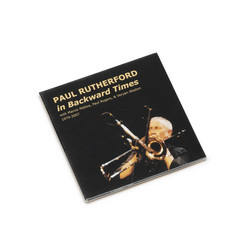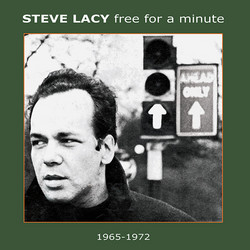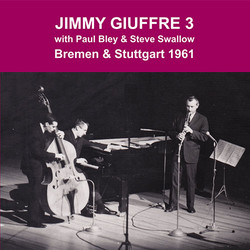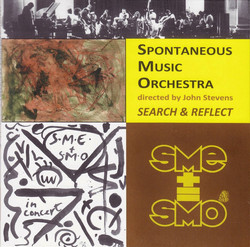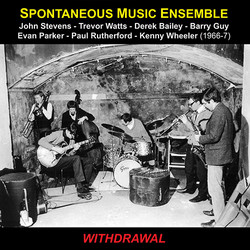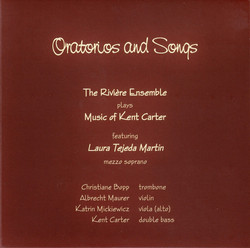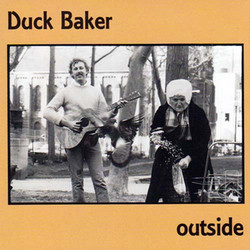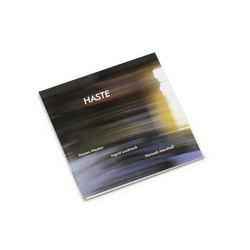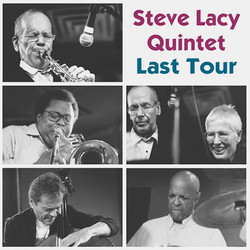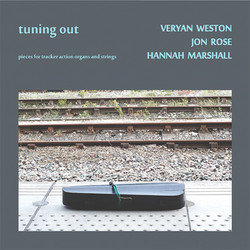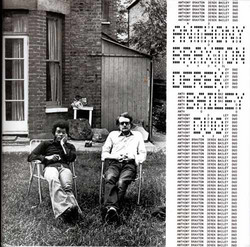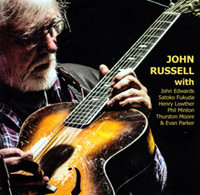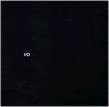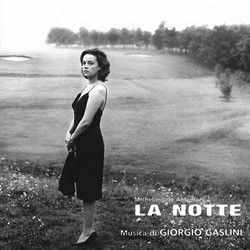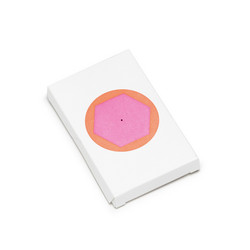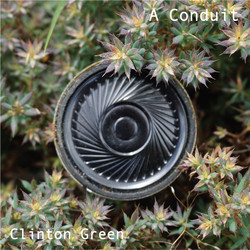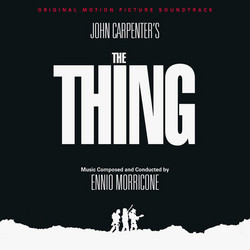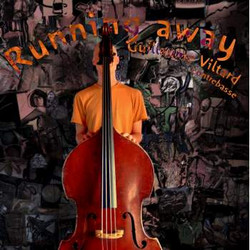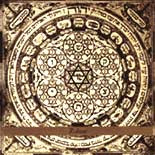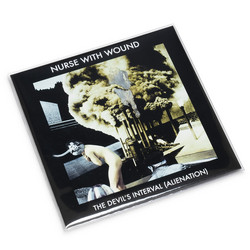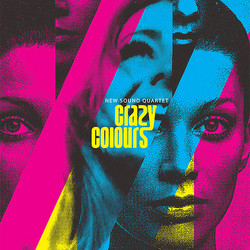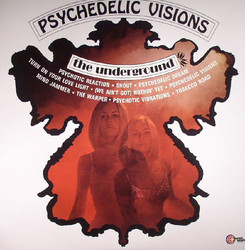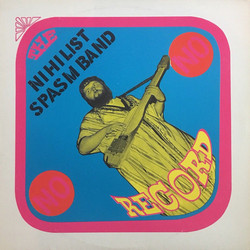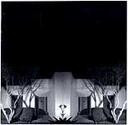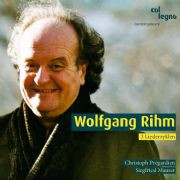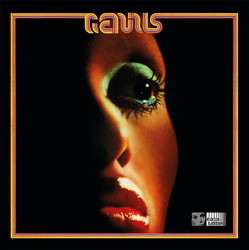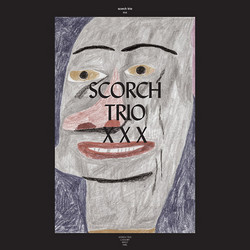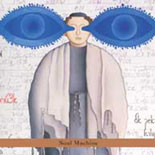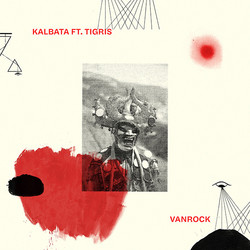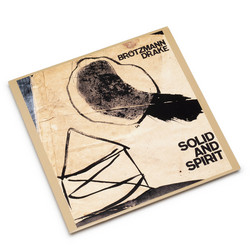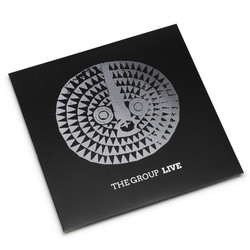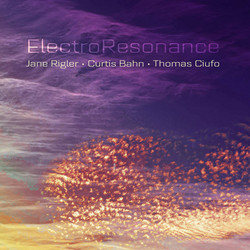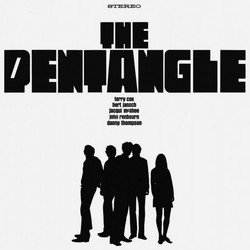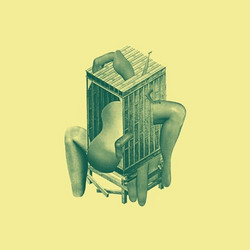Paul Rutherford (1940 - 2007) was best known as an improvising trombonist - the improvising trombonist according to many listeners - the one responsible for the definitive solo trombone record, THE GENTLE HARM OF THE BOURGEOISIE, now available on Emanem 4019. He was also well known as the founder and co-ordinator of the improvising trio Iskra 1903, which originally included Derek Bailey and Barry Guy - after the mid 1970s, Philipp Wachsmann replaced Bailey. What is not well known, because it has not been documented hitherto, is that Rutherford was also a highly talented composer. From time to time, he organised large ensembles, or wrote for other groups such as the London Jazz Composers' Orchestra. The band heard on this CD, Iskra 1912, only existed in the recording studio on two occasions and never performed in public - and until now, the unique, magnificent results have not been published. Some general comments: Although there are three trombones, Rutherford himself is not heard as a trombonist, but only (only?) as the composer and conductor. The scores were generally loose frameworks to be interpreted by a group of musicians, who were primarily improvisers, under the direction of the composer. The intention, very successfully realised, was to create a sequence of varied textures, some of which featured improvising soloists. Perhaps the most unique aspect of the ensemble sound results from the use of two (wordless) vocalists and no percussion. (Tony Oxley, who appears on the 1973 piece, only used live electronics.) The principal soloists on the 1972 piece are Evan Parker (initially unaccompanied), Kenny Wheeler (over an almost static backdrop) and Trevor Watts (initially just with Barry Guy). There is also a quartet section featuring the two vocalists, piano and bass. For some of the time the three trombones and the tuba act as a fully composed choir-like section, at other times they are free to improvise. The final climax comes when the tuba enters to bring an all out collective improvisation to an orderly close. A year later, the same musicians (apart from Tony Oxley replacing Watts) gathered in the studio to perform a somewhat different piece, which seems to go through more textures than previously. Once again one can hear Parker unaccompanied (this time on tenor saxophone) and Wheeler soaring over the ensemble (in a more active mode). There are also some spots featuring the then Howard Riley Trio (with Barry Guy and Tony Oxley), while the brass section functions much as before. The major difference in the 1973 piece is due to Derek Bailey's stereo amplified guitar being overdubbed at an additional session a week later. Thus the first two minutes, and a later interlude feature Bailey unaccompanied, while at other times the guitar interacts with the prior recorded ensemble. (To be pedantic, this should be called Iskra 1912 Plus One or Iskra 1913!) About half the musicians involved are stalwarts of the free improvisation scene - and some of these are also composers as well. The rest are generally to be found in the worlds of jazz and/or the studio. However, all were adroit enough at both improvising and interpreting to successfully realise Rutherford's intentions. The compositions were, after all, put together with these specific musicians in mind. A Paul Rutherford CD would somehow not be complete without some of his own trombone playing, so an extract from an unaccompanied concert performance has been added as an interlude between the two ensemble pieces. This is from the infamous occasion when he was booked to perform a well known composer's solo trombone composition, but he decided that the resulting music would be better if he improvised somewhat rather than play the piece literally. By the latter half of the solo, heard here, there was very little connection with the original composition, but there was much good music. However, the major revelation of this CD is that Paul Rutherford was one of the few composers who can write pieces for improvisers that do not sound contrived or pretentious. It is too bad that it took decades for an example of this music to be published - but better late than never.
